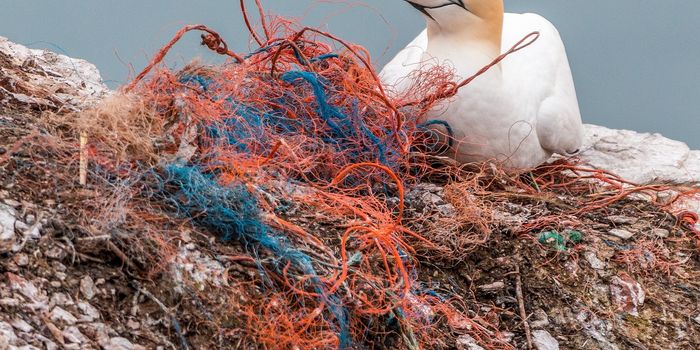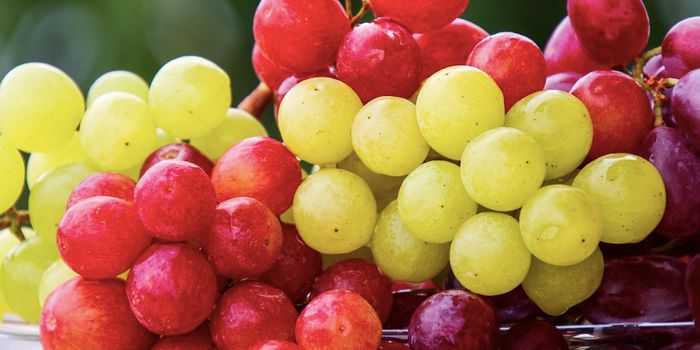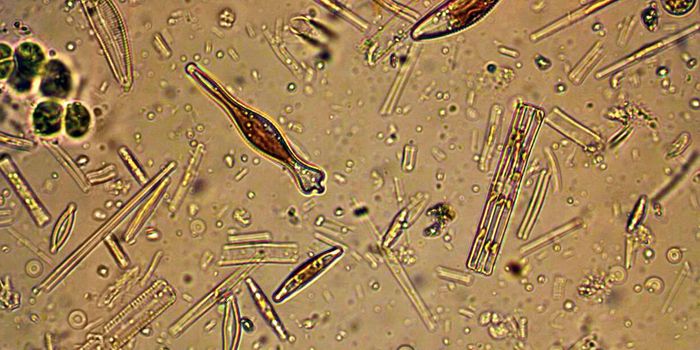Can Lobster Shells Be Used to Produce Biodegradable Plastics?
Plastic is becoming a severe problem for the environment, and that’s precisely why researchers are trying so hard to devise biodegradable alternatives that could curb traditional one-time use plastics in place of something that’s more environmentally-friendly. One such example is a thin plastic-like film that can be procured from lobster shells.
Students from the Royal College of Art and Imperial College London have developed and perfected the method. They start by grinding lobster shells and then extracting a biopolymer called Chitin. Upon gathering enough Chitin powder, they can add specific ingredients and use one of four specialized machines to transform it into a useful plastic item.
Lobster shells, along with those from other crustaceans, are commonly thrown away by consumers and restaurants after the food is ingested. Sadly, this highlights just how much of a valuable resource is being wasted when it could be used to combat a growing plastic-centric problem.
According to the researchers, the bioplastic can be used to produce a bevy of different items, such as planters and plastic bags, to name a few.








